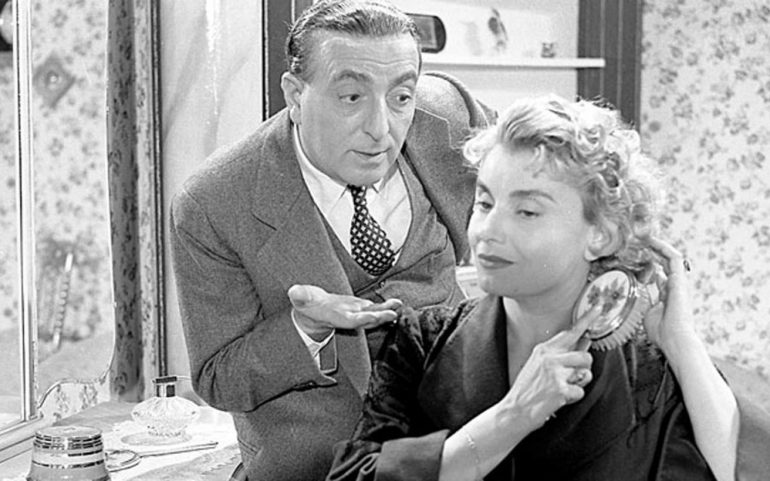"Great loves do not wear a wedding dress" is the title of Mitsi Valaka's book and probably fits the case of the beloved couple of Greek cinema. THE Ilya Livikou and Vassilis Logothetidis lived a great love, from those who jump from the pages of a novel or you see them in the cinema.
And the love of these two great actors, the "mismatched couple" as they used to say about them, had all these novel elements. And even though he had all the parchments for "and they lived well", in the end this love was not to wear a wedding dress. Maybe that's how fate wanted it, maybe the magic that was born from the first moment of their meeting was lost.
The first acquaintance
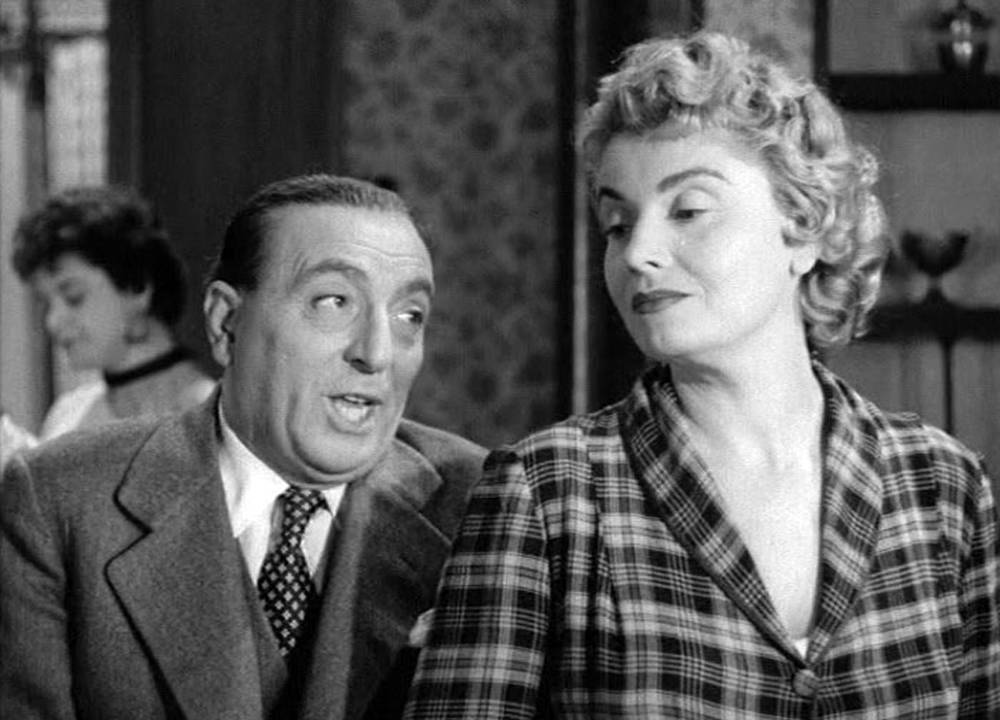
It was in 1948, when Ilya Livykou was hired by the Katerina-Logothetidis troupe to play in the play by Psathas-Roussos "I do not remember anything". The title of the play alone did not prove prophetic for these two, as this meeting was to be fatal for their lives.
The debutant actress had all those elements that made her not go unnoticed where she stood. Elegant and juicy, the young Cretan girl with the athletic stature (she had been involved in javelin shooting since she was a child) immediately caught the attention of the great actress. But she, too, was fascinated by Logothetides, despite their unmatched character.
After all, love does not speak of characters, similarities, social strata, ages. And so, the exuberant Ilya in the face of the "prince of comedy" finds the great love, the teacher, the mentor, the co-star, the partner, the companion of life. A life that had it all and that the two of them took care to protect it as much as they could. Although this seemed impossible.
Together on the sail, on stage and in life
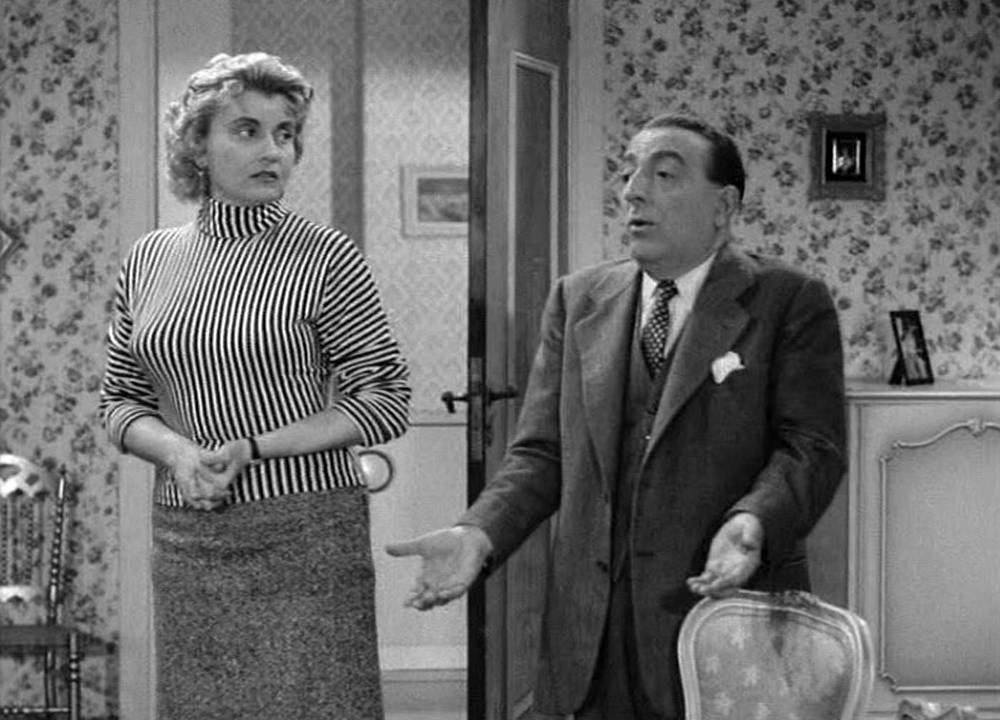
Their first meeting, therefore, was fatal for their lives and a happy circumstance for the Greek theater and cinema, since Logothetidis and Libykou were one of the "gold" artistic couples.
The great actress recognized in her her acting talent and immediately their chemistry tied them professionally, being one of the most successful twins. Of the 12 films made by Logothetidis, nine were with the Libyan. The same in the theater. They were inseparable.
In fact, as the theatrical wells of the time said, the Libyan was the one who motivated him to form his own troupe. And if that is the case and he really had that influence on him, what he failed to do was get the great actor out of the loneliness that seemed to be his second nature to him.
After all, as they said at the time, this great love always clashed with this loneliness of Logothetis, whom love failed to crush. Although as in these cases, so with the beloved couple, there are many versions of why their relationship did not end in marriage.
For example, one version that was heard was the first marriage of a Libyan woman, who got married when she finished high school in Crete (from her marriage to lawyer Agisilaos Kozyris she had three children) and divorced early and did not want to remarry.
The two of them knew the truth and kept it as their own little secret, since they never officially admitted their relationship. However, whatever this truth is, what is certain is that Logothetidis and Libykou fell madly in love, complemented each other perfectly and in the end only his death separated them. A death that found him alone and she in front of another big change of course in her life.
The lonely Vassilis Logothetidis
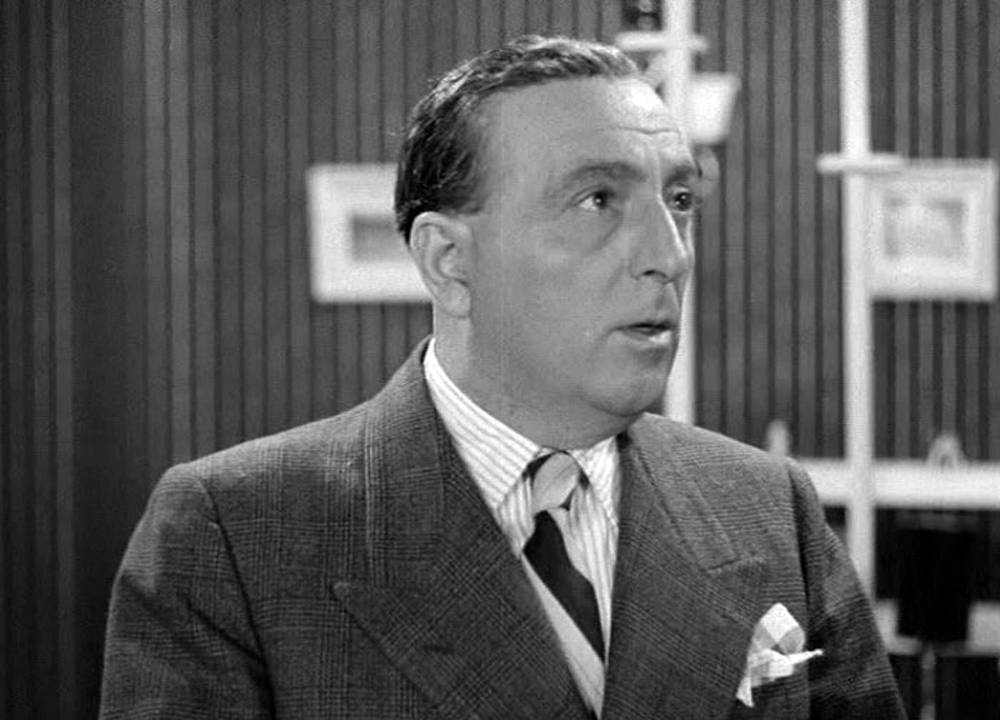
"The hour of bitter loneliness makes the other hour more human, that of laughter," wrote JM Panagiotopoulos in a text about Logothetidis. And how much truth these words hide, not only for the case of the great actor, but also for every lonely person.
The truth is that Logothetidis, as exuberant as he was on stage or in the sail, was as "silent" in his real life. Those who knew him intimately spoke of a man who was not very sociable and avoided worldly events, preferring lonely moments. And so he was basically lonely even during his relationship with the Libyan.
In the last years of his life he lived alone in his house in Paleo Faliro, while he was facing problems with his heart. The theater was his life, he was transformed there and with it (but also through his films) he gave real joy to the world. And there, on the board, he wanted to die.
But, death overtook him while he was preparing to leave for the theater. He died at his home on February 20, 1960, plunging an entire people into mourning who lost the man "who felt the people and played for the people", as JM Panagiotopoulos had written about him again.
Life after Logothetis
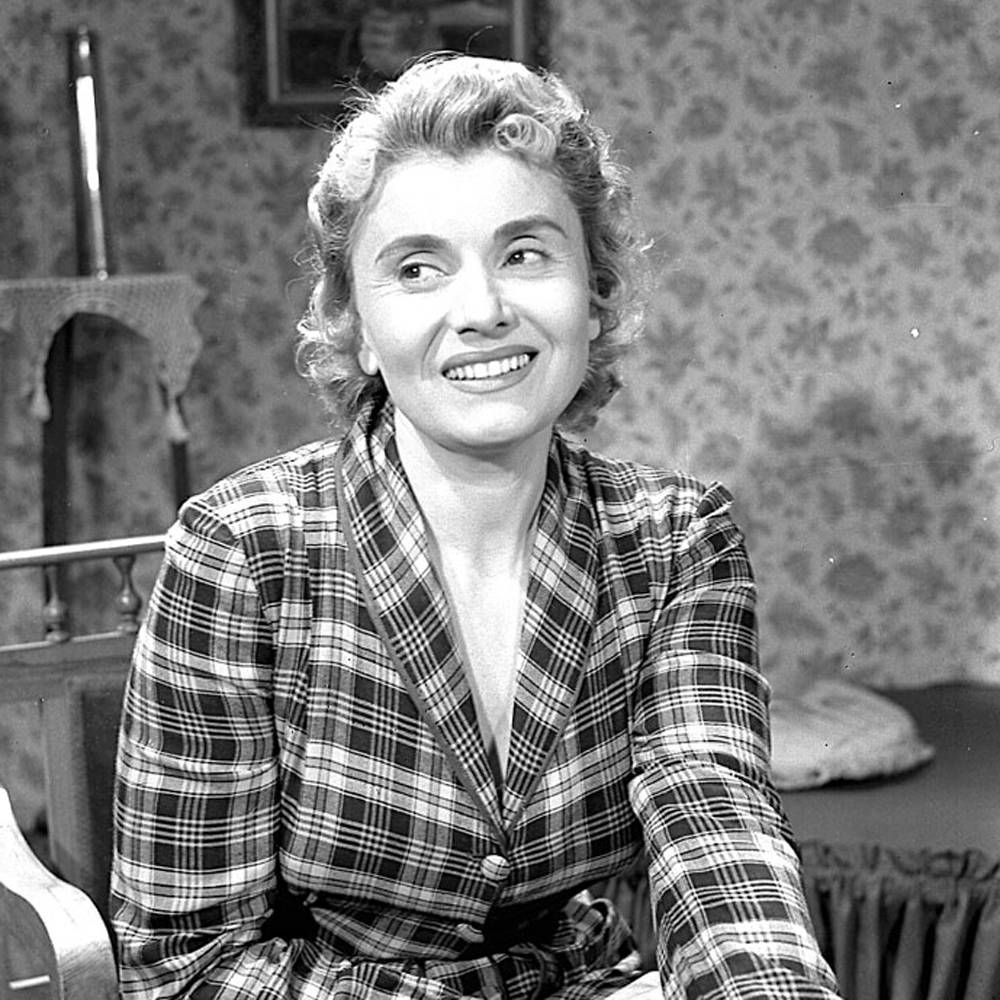
His death plunged her into mourning Ilya Livikou, who was called to say goodbye to her partner in the theater, in the sail and in life. She lost her mentor, her support. She had to go it alone. And in the pain of the loss she had to prove that she was not just Logothetidis' match, but she also had her own artistic status.
The great actor had seen her from the first moment of their meeting, now those with bad intentions would not see her. For the Libyan, it was not the first time that she would bring her life to a head. She had done it even younger, when she pursued her dream of theater and when she decided to divorce with three small children.
Only this "mound" had to do with her career. After taking her time to mourn her beloved, but also to reorganize her strengths, she returned to the artistic events completely changed. And as they said then, more artistically mature than ever.
Her post-Logothetides career was a turning point mainly towards drama and her new artistic career was more appreciated by critics. She kept a low profile in her life and was busy only with her career, which she left in 1986, when she lost her daughter Eva to cancer.
He never overcame this loss. It was a blow of fate that he could not handle. Thus, he withdrew from the limelight, preferring solitude. He passed away in September 2002, after a serious stroke.
And somehow, the curtain fell on a great love, who "did not wear a wedding dress", but no one admitted it.
